Special Session 1: Integrating Hydrogen Energy into Power, Energy and Industry Systems
Chair: |
Vice Chair: |
The global energy transition and decarbonization have positioned hydrogen as a cornerstone of the future energy landscape. Green hydrogen, produced via electrolysis using renewable electricity, offers a unique pathway to decarbonize not only the power sector but also vital industries and heavy transport. However, the path to deep integration is fraught with multidisciplinary challenges. These permeate the entire hydrogen ecosystem. from reducing the cost of electrolysis and scaling up renewable capacity to addressing technical hurdles in hydrogen storage, transportation, and safety. Further challenges include adapting existing pipeline infrastructure, developing robust international markets, and establishing coherent policy frameworks to enable investment. Given this background, this special session solicits original research that explores the techno-economic, social, and policy dimensions of creating a synergistic hydrogen economy, highlighting its crucial role in achieving the energy transition and decarbonizing the power, energy and industry systems. |
|
Special Session 2: AI-Powered Smart Sensing and Advanced Data Analytics for New-Type Power System
Chair: |
Vice Chair 1: Vice Chair 2: Vice Chair 3: |
State monitoring and sensing across generation, grid, load, and storage serve as a critical foundation for the scientific planning and operational optimization of power system. With the widespread deployment and application of various sensing devices in power system, data-driven approaches for smart grid planning and operation are receiving increasing attention. In the face of multiple challenges associated with new-type power system, successful applications of artificial intelligence across various fields have injected new momentum, creating fresh development opportunities for smart sensing and data analytic technologies in modern power system. This workshop aims to bring together diverse perspectives to explore the latest advances and future directions in this field. |
|
Special Session 3: Synergy Between Future Electrified Transportations and Power Grids
Chair: |
Vice Chair 1: Vice Chair 2: |
This special session aims to explore the emerging convergence between next-generation electrified transportation systems and power grids. The rapid advancement of electric vehicles (EVs)—including electrified land vehicles, ships, and aircraft—is accelerating the integration of power and transportation systems, which have traditionally been managed independently. As these systems become increasingly interdependent, the operation and control of EVs have evolved into a complex, interdisciplinary challenge that demands collaboration between the power systems and transportation research communities. This convergence introduces new challenges and opportunities in achieving coordinated operation, resilient integration, and economic sustainability.
The session will provide a dedicated platform for academic researchers, industry practitioners, and policymakers to share insights and foster collaboration toward developing intelligent, sustainable, and future-ready power and transportation infrastructures. We welcome high-quality research contributions that address the modeling, planning, control, and policy dimensions of power–transportation synergy. |
|
Special Session 4: Enhancing Resilience of Future Power Systems: Synergistic Integration of Flexible Resources and Distributed Optimization
Chair: |
Vice Chair 1: Vice Chair 2: |
The transition towards a sustainable energy future introduces significant volatility and uncertainty, making resilience a paramount concern for modern power systems. This special session aims to address this critical challenge by exploring innovative strategies that leverage the synergistic capabilities of integrated energy systems and diverse flexible resources. The focus will be on harnessing aggregated distributed energy resources (DERs), mobile emergency resources, soft open points (SOPs), and other grid-edge devices to enhance system survivability, accelerate restoration, and maintain operational integrity during extreme events.
A key dimension of this challenge involves the coordinated management of these resources across multiple stakeholders, such as distribution system operators, virtual power plants, and microgrids, whose objectives may not be fully aligned. Therefore, this session will also delve into advanced distributed optimization algorithms that ensure efficient and privacy-preserving coordination among these independent entities. We seek to bring together researchers and practitioners to present cutting-edge work on modeling, planning, operation, and control frameworks that collectively build a more resilient and adaptive power grid. |
|
Special Session 5: Flexible Control Strategies of Converter and Grid Stability for High-Penetration Renewable Integration
Chair: |
Vice Chair 1: Vice Chair 2: |
This session addresses the critical challenges and innovative solutions for maintaining power system stability and enabling flexible operation under high penetration of grid-forming renewable energy resources (IBRs - solar PV, wind, and battery storage). As traditional synchronous generation declines, ensuring grid stability and resilience requires advanced control strategies at the converter level and coordinated grid-level control schemes. |
|
Special Session 6: AI-Driven Decision-Making for Demand-Side Flexibility Utilization
Chair: |
Vice Chair 1: Vice Chair 2: |
Achieving the vision for future power grid infrastructure requires a paradigm shift from traditional management models to more autonomous, data-driven approaches. Artificial Intelligence (AI) is at the forefront of this transformation, offering unprecedented capabilities for analyzing massive datasets, predicting system behavior, and optimizing both planning and operational decisions.
This Special Session will serve as a focused forum on cutting-edge AI applications in power systems, aiming to bridge the gap between AI theory and practical grid challenges. It will explore how intelligent systems can manage the immense complexity introduced by distributed resources and dynamic loads. We solicit original research that showcases novel AI frameworks, innovative machine learning models, and impactful case studies. The session is designed to highlight contributions that deliver tangible improvements in grid efficiency, reliability, and security, thereby paving the way for the intelligent and resilient power systems of the future. |
|
Special Session 7: ACPEE 2026 Student Forum on Interdisciplinary Frontiers of Urban Power Systems
Chair: |
Vice Chair : |
The rapid expansion of urbanization presents growing challenges to power systems. The ACPEE 2026
Student Forum on "Interdisciplinary Frontiers of Urban Power Systems" aims to promote cutting-edge
research and knowledge sharing among graduate students in areas where power systems intersect with
urban subsystems, including integration with global climate evolution, next-generation communication
and data intelligence, future transportation, intelligent urban building systems, AI and large models, green
hydrogen and carbon neutrality. It provides a platform for graduate students to present their work,
exchange ideas, and gain feedback from invited experts. It encourages innovation, fosters collaboration,
and cultivates leadership among young scholars addressing the complex challenges of modern cities.
We invite graduate students and young researchers to submit abstract or full paper for oral presentations to the
ACPEE 2026 Student Forum. Topics should involve power systems intersecting with urban systems such
as meteorology, transport, data science, AI, hydrogen, and carbon. Selected students will present on-site
and receive the ACPEE 2026 Student Forum Certificate. One best presentation award will be grant. All
student speakers will be awarded the "ACPEE 2026 Student Forum Certificate," and one "ACPEE
2026 Best Student Forum Presentation" award will be selected.
This Forum is organized by University of Macau IEEE Industry Application Society Student Branch
Chapter (IEEE IAS SBC@UM), and co-organized by University of Macau IEEE Power and Energy
Society Student Branch Chapter (IEEE PES SBC@UM) and University of Macau IEEE Power Electronics
Society Student Branch Chapter (IEEE PELS SBC@UM). |
|
Special Session 8: Optimal Operation and Planning Technology for Virtual Power Plants in the Market Environment
Chair: |
Vice Chair 1: Vice Chair 2: |
Under the background of "dual carbon" goals, the penetration rate of new energy is continuously rising. The intermittency and volatility of renewable energy have imposed significant balancing pressure on power systems. Meanwhile, the proportion of traditional thermal power is declining, and the regulating resources it can provide are increasingly scarce. On the demand side, there lies enormous untapped regulating potential, which urgently needs effective aggregation and mobilization.
Virtual power plants (VPPs) have emerged as a key technical solution to address this demand. By integrating advanced communication technologies, intelligent control strategies, and market-oriented mechanisms, VPPs aggregate large-scale yet decentralized flexible resources into a coordinately operated, adjustable, and controllable virtual entity. This enables flexible resources to participate in power grid dispatching and electricity market transactions in an aggregated form, significantly enhancing the grid’s renewable energy accommodation capacity and overall operational efficiency. Consequently, VPPs have become a crucial technology supporting the safe, efficient, and low-carbon operation of the new power system.
Therefore, this session welcomes contributions from universities, research organizations, and industry companies, among other sectors, on VPP-related solutions, technical research, and innovative ideas, to collectively promote the practical application and cutting-edge technological development of VPP technology. |
|
Special Session 9: Advanced Modeling and Control of Building, Community and District Energy Systems for Energy Efficiency and Demand Flexibility.
Chair: |
Vice Chair 1: Vice Chair 2: |
Buildings and the power sector are major contributors to global energy consumption and carbon emissions. Decarbonization, digitalization, and intelligentization have emerged as shared development trends. The widespread, if not comprehensive, integration of renewable energy into the power grid, along with the design and operation of smart and low-carbon buildings, has become a critical factor in the transformation of energy systems. This special session aims to discuss smart energy management measures on the building demand side to improve energy efficiency and flexibility, achieving synergistic optimization between buildings and the power system. We sincerely invite submissions from various sectors, focusing on multi-scale and multi-energy flow coupled future building energy systems. The session will explore intelligent modeling and control strategies for building, community, and district energy systems, as well as innovative research and applications of advanced technologies such as artificial intelligence, big data, digital twins, and large models in the field of building energy. |
|
Special Session 10: Resilience Enhancement and Protection of Future Energy System from Cyber-Physical-Social Perspective
Chair: |
Vice Chair 1: Vice Chair 2: |
The energy sector is undergoing a profound transformation, evolving into a highly interconnected energy system. The future energy system is not only deeply coupled between cyber and physical layers, but a complex cyber-physical-social system (CPSS), where digital technologies, physical infrastructure and human-social behaviors are concerned. This integration brings about advancement in energy efficiency and optimization, but also introduces complex. cross-domain vulnerabilities.
This special session addresses the critical challenge of ensuring the resilience and protection of future energy system from a new cyber-physical-social perspective. This session welcomes contributions from universities, research organizations, and industry companies, among other sectors on enhancing the future energy system resilience, considering the impact of cyber-security or social behavior. |
|
Special Session 11: Unlocking the Techno-economic Benefits of Large-scale Distributed Flexibility Providers in Modern Transmission, Distribution and Microgrids
Chair: |
Vice Chair : |
The large-scale utilization of flexible resources can significantly enhance the economic efficiency, reliability, and low-carbon performance of power systems by integrating diverse adjustable resources. Flexible resources—such as energy storage, demand response, and gas-fired units—can rapidly respond to the variability of renewable energy output (e.g., wind and solar), reducing curtailment while participating in frequency regulation, voltage control, and reserve markets to improve dynamic stability. Distributed flexible resources (e.g., customer-side energy storage) can reduce peak demand, lowering the need for grid expansion. Studies in California show that demand response can cut peak investment costs by 5%–15%. By optimizing dispatch through market bidding, flexible resources minimize the operation of high-cost units and enable fast power restoration during grid failures, shortening outage durations and achieving local power balance to relieve stress on the main grid. Through the synergy of technology, market mechanisms, and policy, large-scale flexible resource utilization transforms the traditional "generation-follows-load" model into a "generation-load interaction" paradigm, achieving system-wide efficiency gains. Looking ahead, emerging technologies like hydrogen storage and vehicle-to-grid will further unlock flexibility potential of future power systems. |
|
Special Session 12: A New Paradigm for Distribution Network Planning Driven by Urban Renewal
Chair: |
Vice Chair 1: Vice Chair 2: |
In July 2025, the Central Urban Work Conference emphasized that China's urban development is transitioning from a phase of large-scale incremental expansion to one focused on enhancing the quality and efficiency of existing urban stock, positioning urban renewal as a critical strategy. The National Energy Administration and the National Development and Reform Commission have explicitly called to "integrate power grid planning and strengthen the coordination between distribution network planning and urban-rural master plans as well as territorial spatial planning." In major Greater Bay Area cities like Macao and Guangzhou, the upgrading and transformation of distribution networks face critical challenges due to spatial constraints. Moreover, power supply facilities are commonly distributed throughout streets and in communities, but their industrial appearance does not match the surrounding streetscape and urban design style. Therefore, we need to focus on using urban space more efficiently, improve how city planning data and power grid information work together, and move beyond old-fashioned approaches to create a new model for planning distribution networks that keeps pace with urban renewal.
This session is to foster a dialogue between "Power Grid Engineers" and "Urban Planners," aiming to break down professional barriers and promote the integration of distribution network planning with the territorial spatial planning system. |
|
Special Session 13: Data-driven and Model-driven Low-carbon Smart Operation of Integrated Energy Systems (cum Seminar for Key Program of National Natural Science Foundation of China-Low-Carbon Smart Operation of Integrated Energy System Considering Multi-Energy Flow Trading Mechanism, Interaction Model and Decision-making Algorithm under Complex Time-Space Coupling Environment)
Chair: |
Vice Chair 1: Vice Chair 2: |
This special session aims to address these challenges for the low-carbon smart operation of Integrated Energy Systems (IESs) considering coupled multi-energy flows. It focuses on modeling techniques of IESs, multi-energy and carbon trading mechanisms design, development of efficient data-driven and model-driven decision-making methods against uncertainties to facilitate the secure, economic and low carbon operation of Integrated Energy Systems. |
|
Special Session 14: Advanced Control and Stability Analysis of Power-Electronic-Dominated Energy Systems (Invited Session on Resilient and Intelligent Operation: Modeling, Control, Protection, and Grid Integration).
Chair: |
Vice Chair: |
This session addresses the critical challenges and emerging solutions for achieving stable, efficient, and resilient operation of power-electronic-dominated energy systems under practical uncertainties such as weak-grid conditions, high renewable penetration, fast load transients, parameter variations, and stringent safety/EMC constraints. As modern power systems evolve toward converter-dominated architectures across renewable generation, energy storage, microgrids, and electrified transportation, ensuring resilience, scalability, and reliable operation increasingly requires advanced modeling, coordinated control, stability enhancement, and protection strategies at both converter and system levels. Experts from academia, utilities, and suppliers will share lab-to-field data, digital-twin tools, and standardized testbeds, offering a concise roadmap toward resilient and intelligent integrated electrification. |
|

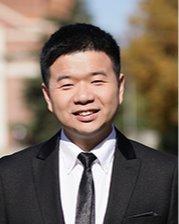 Jin Lin, Associate Professor, Tsinghua University, China
Jin Lin, Associate Professor, Tsinghua University, China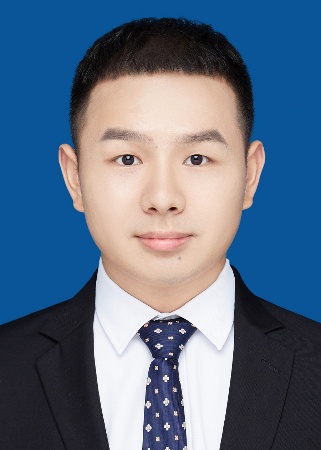 Yuxuan Zhao, Associate Professor, South China University of Technology, China
Yuxuan Zhao, Associate Professor, South China University of Technology, China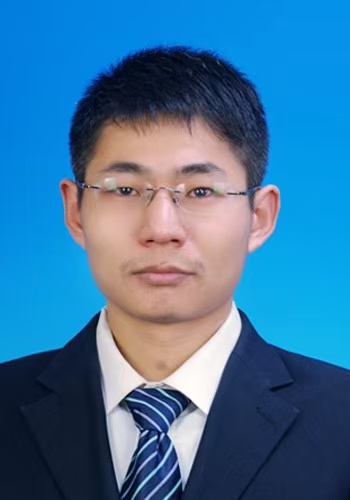 Bo Liu, Associate Professor, Tianjin University, China
Bo Liu, Associate Professor, Tianjin University, China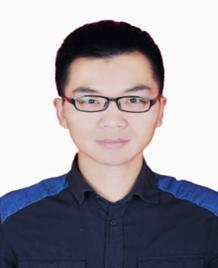 Peng Lu, Associate Professor, China Agricultural University, China
Peng Lu, Associate Professor, China Agricultural University, China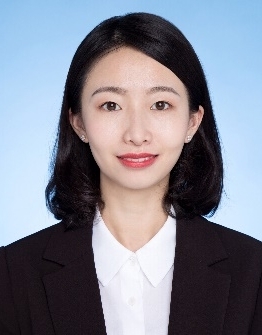 Chunyi Huang, Assistant Researcher, Shanghai Jiao Tong University, China
Chunyi Huang, Assistant Researcher, Shanghai Jiao Tong University, China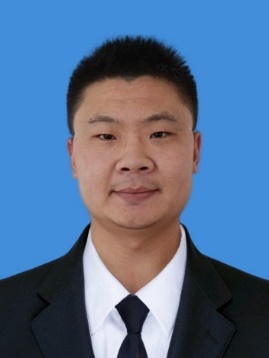 Fangyuan Si, Assistant Professor, Beijing Jiao Tong University, China
Fangyuan Si, Assistant Professor, Beijing Jiao Tong University, China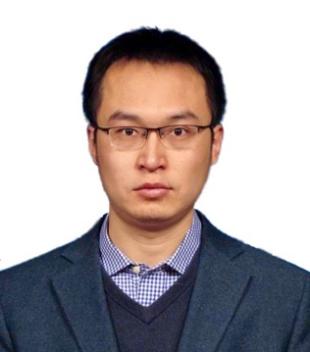 Hongcai Zhang, Associate Professor, University of Macau, China
Hongcai Zhang, Associate Professor, University of Macau, China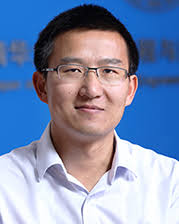 Zechun Hu, Professor, Tsinghua University, China
Zechun Hu, Professor, Tsinghua University, China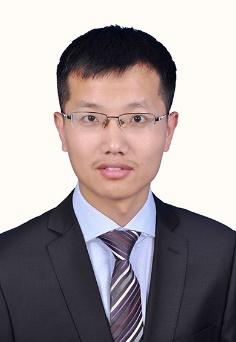 Chengcheng Shao, Associate Professor, Xi’an Jiaotong University, China
Chengcheng Shao, Associate Professor, Xi’an Jiaotong University, China Menglin Zhang, Professor, China University of Geosciences (Wuhan), China
Menglin Zhang, Professor, China University of Geosciences (Wuhan), China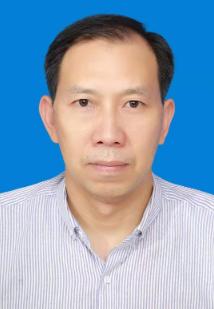 Jie Shu, Researcher, Guangzhou Energy Research Institute of the Chinese Academy of Sciences, China
Jie Shu, Researcher, Guangzhou Energy Research Institute of the Chinese Academy of Sciences, China Weiye Zheng, Assistant Professor, University of Macau, China
Weiye Zheng, Assistant Professor, University of Macau, China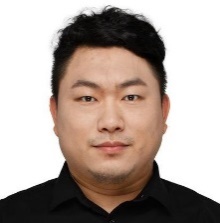 Li Liu, Associate Professor, School of Electrical Engineering, Guangxi University, China
Li Liu, Associate Professor, School of Electrical Engineering, Guangxi University, China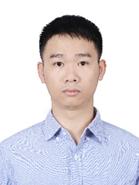 Yuanpeng Guan, Associate Professor, School of Automation, Guangdong University of Technology, China
Yuanpeng Guan, Associate Professor, School of Automation, Guangdong University of Technology, China Li Qin, Engineer, Guilin University Of Electronic Technology, China
Li Qin, Engineer, Guilin University Of Electronic Technology, China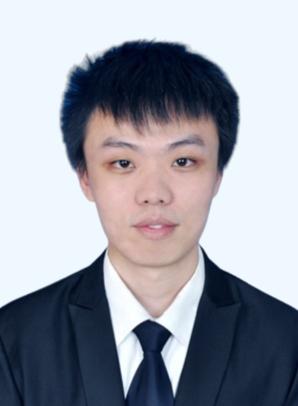 Ge Chen, Assistant Professor, Great Bay University, China
Ge Chen, Assistant Professor, Great Bay University, China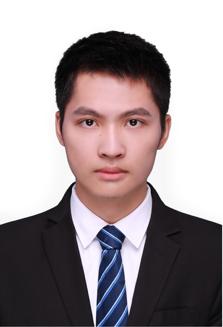 Linwei Sang, Associate Professor, Southeast University, China
Linwei Sang, Associate Professor, Southeast University, China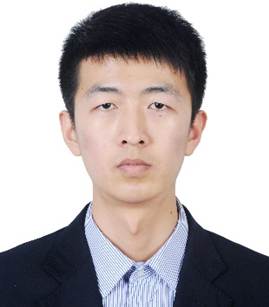 Hui Li, Associate Professor, Dalian University of Technology, China
Hui Li, Associate Professor, Dalian University of Technology, China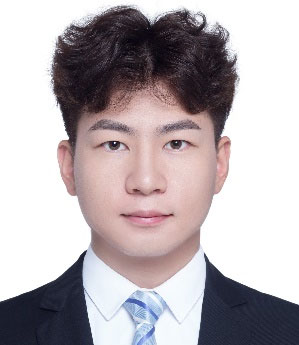 Zhenwei Zhang, University of Macau, China
Zhenwei Zhang, University of Macau, China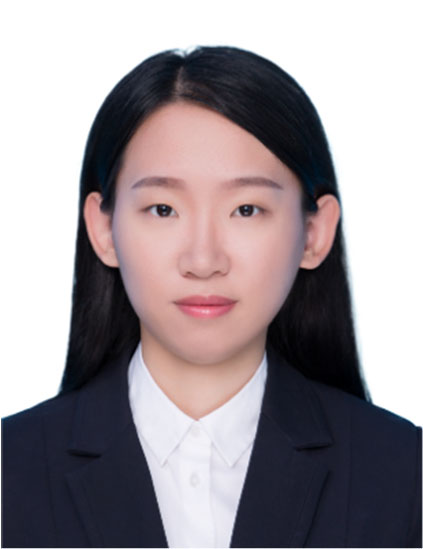 Liya Ma, University of Macau, China
Liya Ma, University of Macau, China Minglei Bao, Professor, Zhejiang University,China
Minglei Bao, Professor, Zhejiang University,China Chao Guo, Lecturer, Hangzhou City University, China
Chao Guo, Lecturer, Hangzhou City University, China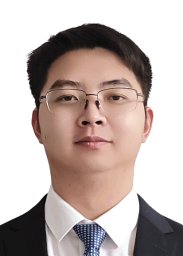 Taoyi Qi, University of Macau, China
Taoyi Qi, University of Macau, China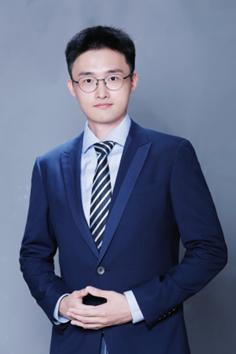 Haoshan Ren, Professor, South China University of Technology, China
Haoshan Ren, Professor, South China University of Technology, China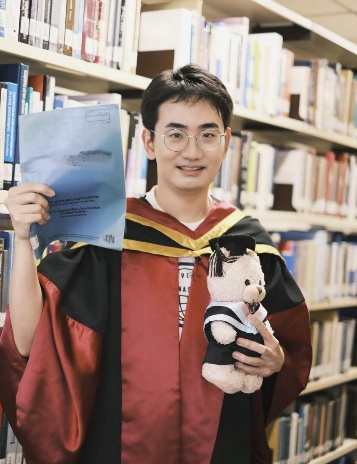 Bingxu Li, Associate Professor, Hunan University, China
Bingxu Li, Associate Professor, Hunan University, China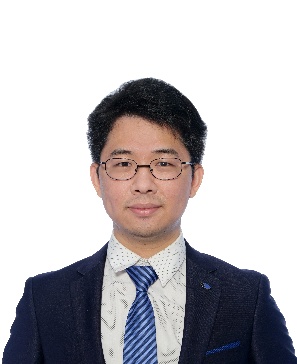 Zhuang Zheng, Assistant Professor, University of Macau, China
Zhuang Zheng, Assistant Professor, University of Macau, China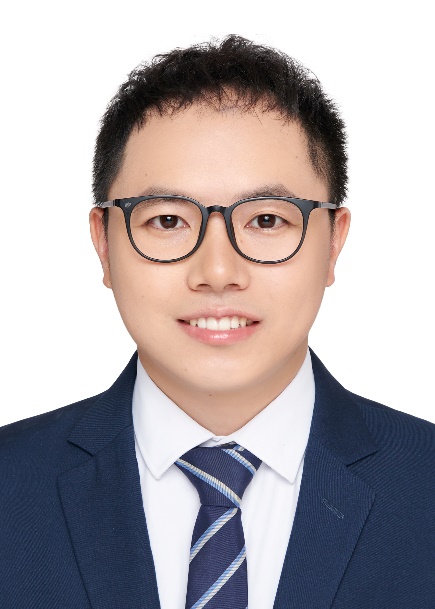 Hongjun Gao, Associate Professor, Sichuan University, China
Hongjun Gao, Associate Professor, Sichuan University, China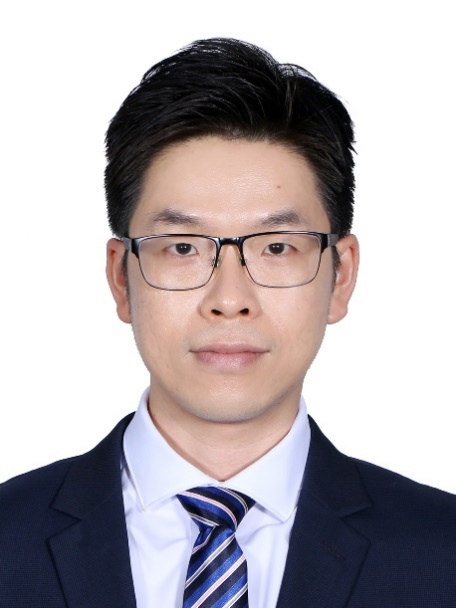 Keng Weng Lao, Assistant Professor, University of Macau, China
Keng Weng Lao, Assistant Professor, University of Macau, China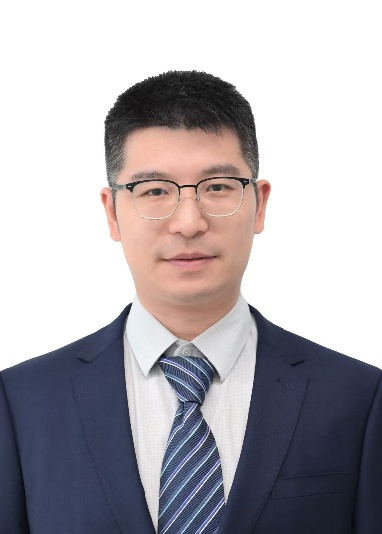 Haibo Li, Deputy Director, Sichuan Energy Internet Research Institute Tsinghua University, China
Haibo Li, Deputy Director, Sichuan Energy Internet Research Institute Tsinghua University, China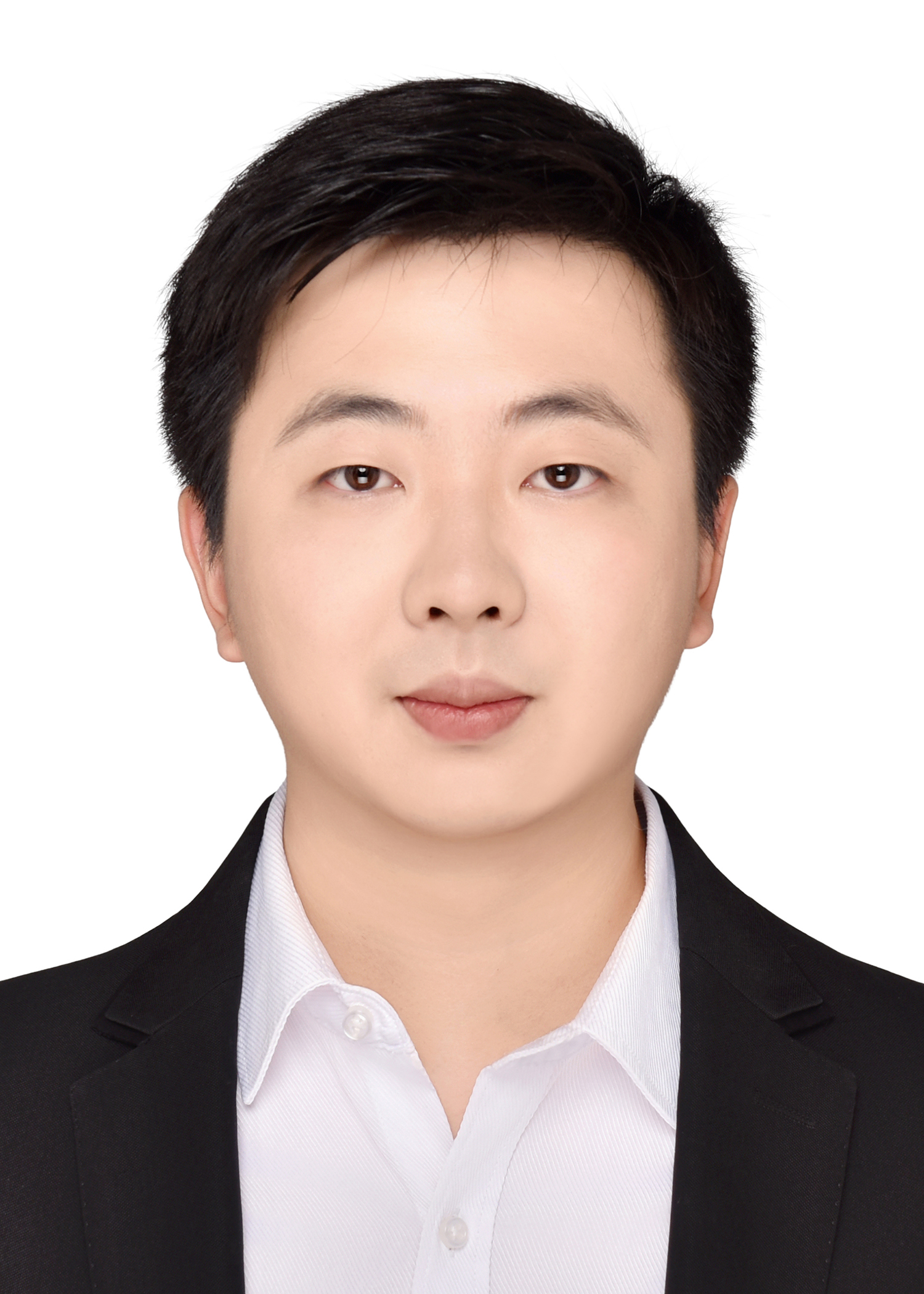 Jia Liu, Hangzhou Dianzi University, China
Jia Liu, Hangzhou Dianzi University, China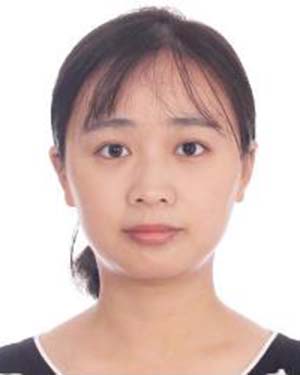 Zao Tang, Hangzhou Dianzi University, China
Zao Tang, Hangzhou Dianzi University, China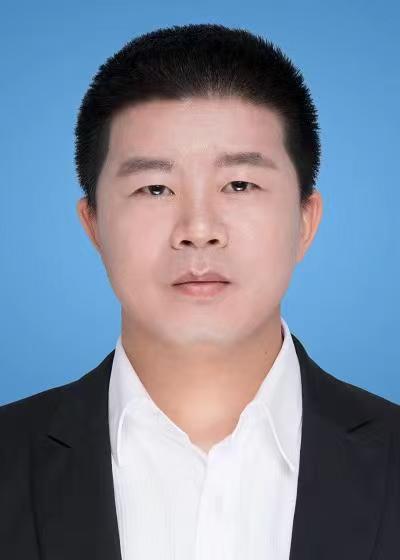 Xin Zheng, Senior Engineer, Guangzhou Yuexiu Power Supply Bureau, China
Xin Zheng, Senior Engineer, Guangzhou Yuexiu Power Supply Bureau, China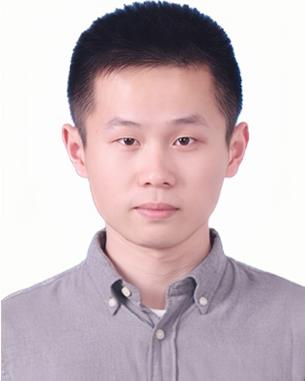 Dundun Liu, Associate Researcher, University of Macau Advanced Research Institute in Hengqin, China
Dundun Liu, Associate Researcher, University of Macau Advanced Research Institute in Hengqin, China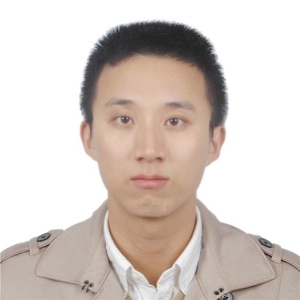 Jianming Fang, Chief Planner, Guangzhou Urban Planning & Design Survey Research Institute, China
Jianming Fang, Chief Planner, Guangzhou Urban Planning & Design Survey Research Institute, China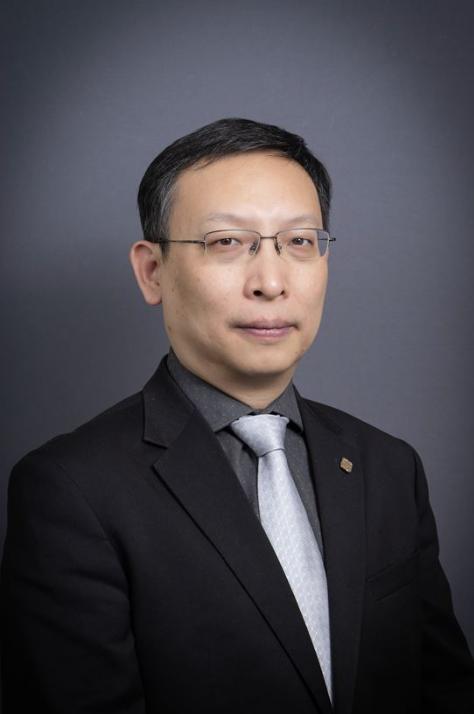 Zhao Xu, Professor, The Hong Kong Polytechnic University, HKSAR, China
Zhao Xu, Professor, The Hong Kong Polytechnic University, HKSAR, China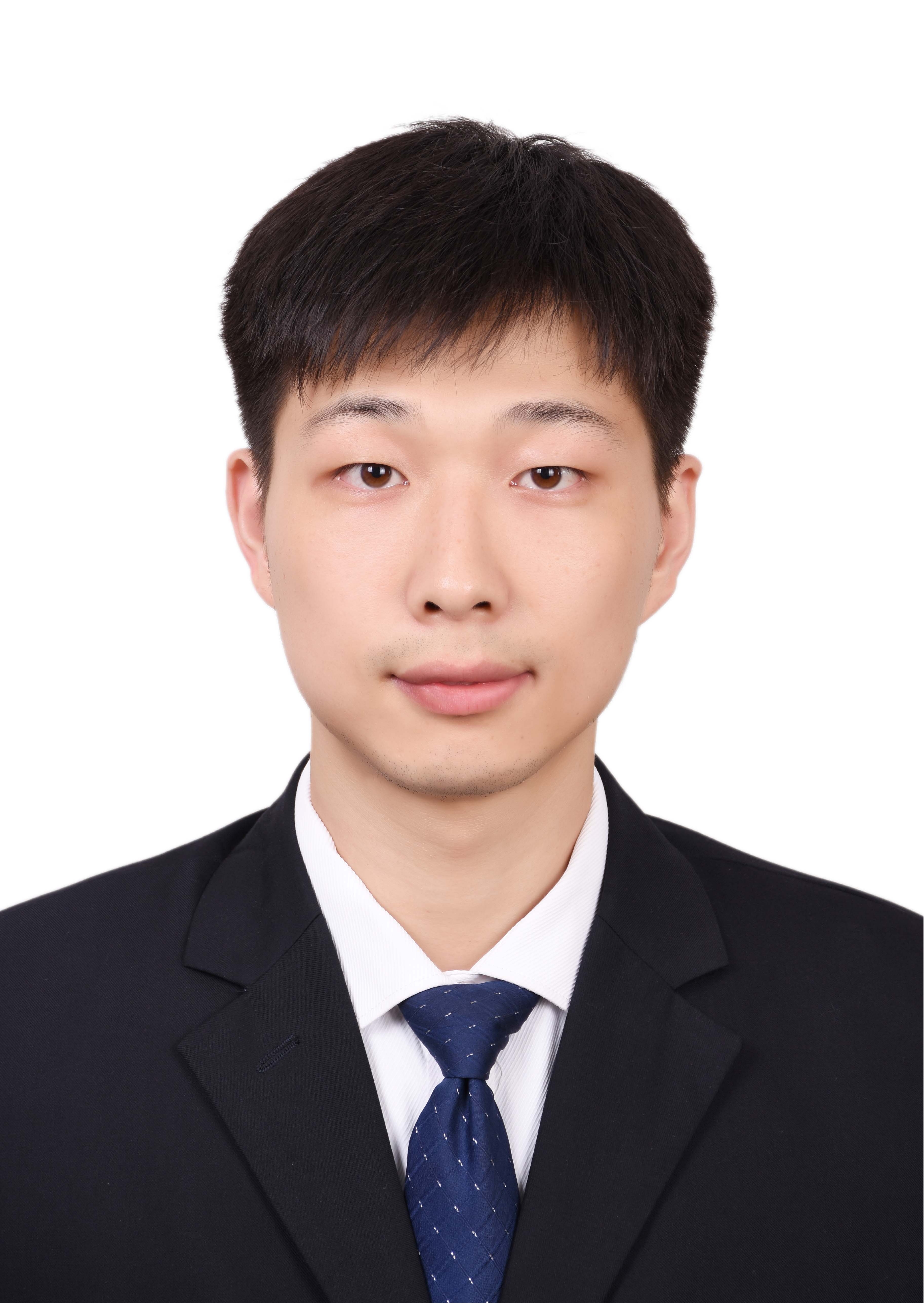 Jiapeng Li, Assistant Professor, Xi’an Jiaotong University, China
Jiapeng Li, Assistant Professor, Xi’an Jiaotong University, China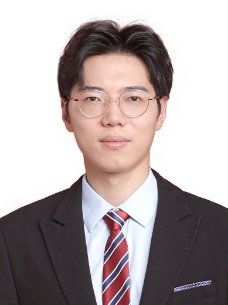 Jiaqi Ruan, Assistant Professor, Sichuan University, China
Jiaqi Ruan, Assistant Professor, Sichuan University, China Minghao Wang, Assistant Professor, University of Macau, China
Minghao Wang, Assistant Professor, University of Macau, China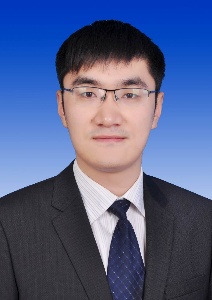 Shenquan Liu, Associate Professor, School of Electric Power, South China University of Technology, China
Shenquan Liu, Associate Professor, School of Electric Power, South China University of Technology, China